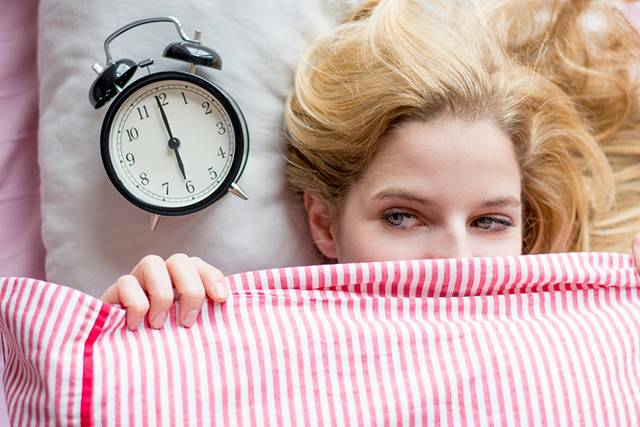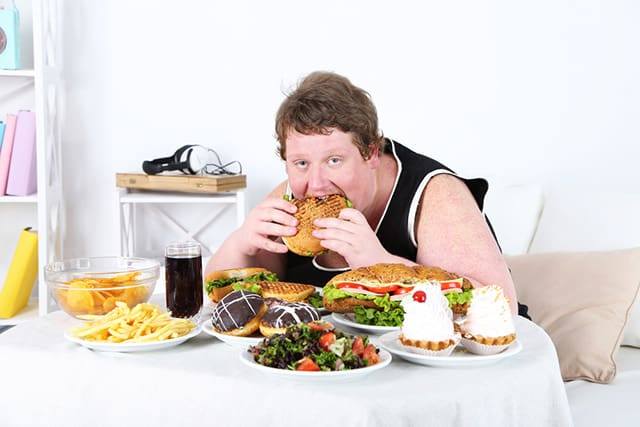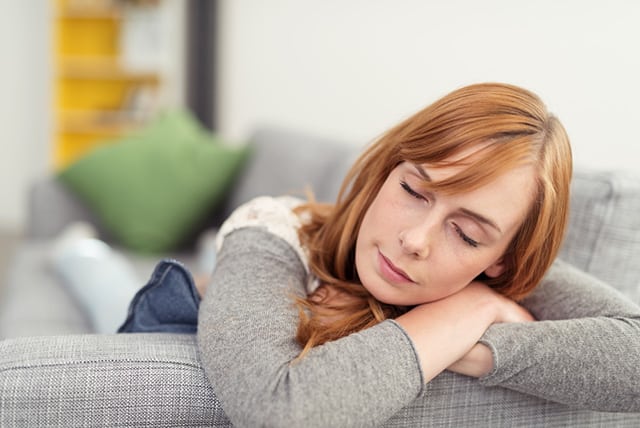Imagine – it’s 2:00am and you’re lying awake tossing and turning, trying hopelessly to get some shut-eye before you have to get up. What can you do to get a good night’s sleep?
Not being able to sleep is an immensely common issue that many adults suffer from. This inability to fall asleep, stay asleep or feel rested after sleeping is known as insomnia. Insomnia can have different forms; it can be acute insomnia or chronic insomnia. Acute insomnia generally ranges from one day to several days over the course of time, however chronic insomnia occurs three times a week for at least three months or more.
The following are some common symptoms of insomnia
- Difficulty in falling asleep if your partner snores or if the room is too bright
- Waking up frequently over the course of the night if your mattress is too hot or there’s noise outside
- Waking up really early in the mornings
- Feeling sleepy during the daytime
- Feeling easily irritable
- Having trouble concentrating
If you suffer from one or more of these symptoms there is a good chance that you experience a form of insomnia. In order to help you overcome your struggle with insomnia, we have put together a list of solutions to help you get a good night’s rest.
1) Creating a good environment for sleep
One of the reasons that you might not be getting enough sleep is that your bedroom is not set up to provide you with the optimal environment required for sleeping. The characteristics required for an ideal sleeping environment are cool, comfortable, and dark.
It has been noted in many studies that a cooler and dark environment promotes better sleep as well as assists in falling asleep faster. Ideally, you should set your thermostat between 60 – 70 degrees Fahrenheit or roughly 15 – 21 degrees Celsius. You can experiment and test different temperatures to see what works best for you.

In addition to this, an uncomfortable bed can result in poor quality sleep. By making sure you have a comfortable mattress you can ensure that you get a good night’s rest.
2) Cut down screen time

You can combat the effect of this blue light by cutting down screen time before bed. Ideally, you should turn off or shut down all devices such as TVs, laptops, and phones an hour before bedtime.
If it is not possible to avoid the blue light before bedtime you can also invest in blue light blocking glasses that will minimize the exposure to blue light.
3) Create a schedule and stick to it

Try to stick to this sleep and wake cycle even on weekends, which will greatly improve the quality of your sleep as well as make your body accustomed to sleeping at a set time.
4) Limit caffeine

Research shows that individuals that consume more caffeine tend to sleep less and have a poorer quality of sleep in comparison to those who do not. If you can not cut out coffee entirely, you can try and limit it to earlier in the day, so that it is out of your system before bedtime approaches.
5) Exercise

Physical activity increases the time that you spend in deep sleep, which is the most restful and restorative phase of sleep and helps the body function such as boosting immune systems and reducing stress and anxiety.
Exercise also utilizes energy and helps you feel tired and ready for sleep at the end of the day. It is recommended to exercise at least three hours before you turn in for the night, that way your body has time to relax and the adrenaline from the exercise is not pumping through your system.
6) Manage eating and drinking habits to promote sleep

Everything slows down during the nighttime which includes bodily functions such as your metabolism and digestive system. This means that it would not be the best idea to have too much food sitting in your digestive tract right before bed.
7) Manage and release your stress

You can also try other methods of relaxation such as meditation, yoga, deep breathing and other progressive relaxation methods to help destress before bed.
8) Power nap properly

Small naps of 10 to 20 minutes can help you feel refreshed and rested during the day. A good nap can also help your memory improve as well as boost your creativity. However, try to avoid naps that extend over 20 minutes as they can take away from your nighttime sleep and disturb your sleep cycle.
9) Sleeping aids

Research proves that melatonin helps you fall asleep faster and can keep you sleeping longer. However, the effects can vary based on the type of product that you use as well as based on the individual using it.
10) Consult a doctor

Conclusion
Sometimes it just happens that you can’t get to sleep and have to go through a day feeling tired. But try not to let the negativity sneak in and bother you. It is important to remain relaxed and let the sleep come to you instead of worrying about how you should be asleep by now. Try and identify as hurdles that might be getting in the way of you and your sleep, then try and overcome them. Hopefully, these solutions will help you identify some areas that you can work on to improve your sleep quality.
